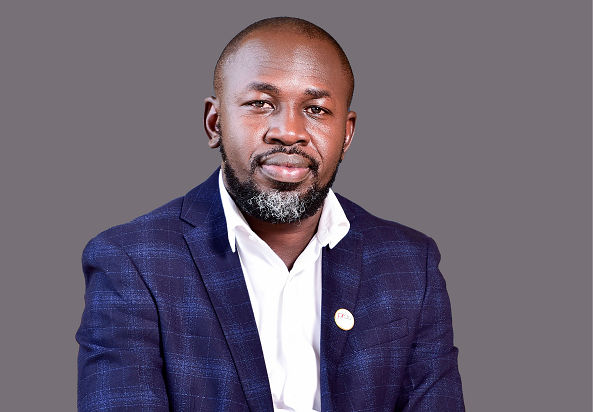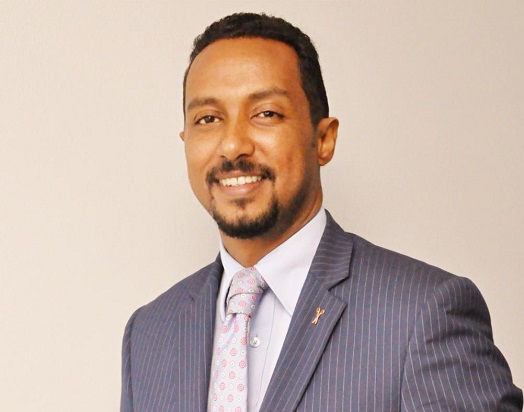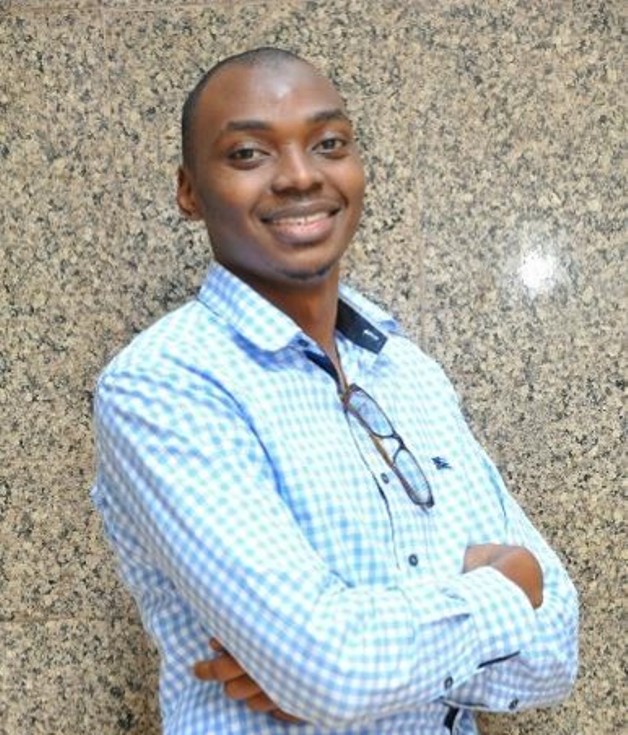Dr. Matshidiso Moeti, the doctor running the World Health Organisation’s Regional Office for Africa/WHO
Dr. Matshidiso Moeti is the doctor running the World Health Organisation’s (WHO) Regional Office for Africa, a sprawling landmass of 47 countries. Here’s a glimpse of the woman behind the statistics – and the challenge she’s up against managing an existential threat.
From Poverty to Public Service
Dr Moeti has poverty, inequality and progress layered into her life and her career – as well as baked into her bones and lineage.
Her father grew up dirt poor in a township in apartheid South Africa, one of seven children. His mother, a housemaid, managed to move the family to Johannesburg to get an education.
He got a scholarship to medical school, where he met Moeti’s mother.
Like his mother before him, he moved the family so his children could get a better education, this time to neighbouring Botswana, where Moeti grew up and went to school.
Her parents devoted their lives to health care and policy. Moeti trained as a doctor in London – and then followed in their footsteps.
Two generations’ astonishing rise – from slave labor to WHO Director – steadfastly fighting racism, inequality, poverty – and pandemics. (Her two daughters, one in development, the other in journalism, but both with economics degrees, are waging similar battles through different lenses).
Dr. Moeti got an early understanding of the link between health and economics as a paediatrician in Botswana.
“Most of the men left home to work in the mines in South Africa, which exploded family structures,” she remembers.
“Kids had no fathers, teenage pregnancies were common, and I learned the direct impact on health first-hand.”
A few years later, she was on the front lines of the AIDS epidemic, leading the HIV program in Botswana, the worst-hit country in Africa.
“It was painful and challenging. The South African economy is based on migrant labour. People are constantly on the move between South Africa and its neighbours. Mobility makes people and countries vulnerable to communicable diseases. Truck drivers are key drivers of infection.” Today, she notes, Covid is spreading in part because of the same mobility patterns. “People move around more in emerging, middle-income countries.” More than half the recorded cases have been in just five countries — South Africa, Egypt, Algeria, Nigeria and Ghana.
Fighting Pandemics (& Inequality) With Prevention
“Today, Africa is at a pivotal point,” she says. The virus arrived later and was imported – from European visitors and from Africans returning home in droves as their situation became untenable abroad.
“Public health capacities are low, but we shut down early, which bought us some time.” Trying to get testing set up, the best defence when you don’t have much offence, “was a nightmare,” she says. “The global market for testing supplies is entirely distorted.”
And the economic realities of low-income countries, where many people live day to day, and in crowded townships, make lockdowns impossible, or the push to open up again even less resistable than in rich countries. It’s also hitting Africa’s new middle classes hard. “There is a lot of suffering,” she sighs, “I’m expecting an uptick. And we don’t have the resources. We can’t assume people can afford masks, so we may need to provide them.” The highest priority is to treat early. “We don’t and won’t have ventilators.”
The true test, she says, is to help countries improve testing, tracing and isolating. If you can’t treat the disease, you need to break the transmission chain. “In middle income countries, we managed to get supplies and coordinate procurement. We need to help people help themselves, to go out and find cases rather than wait for sick people to come in.” Communications plays a key role in a context where “many believe we are not at risk, because it’s hot here, or because our populations are young. That it is just in China and Europe. We need to harness social media and build a people-centred response targeting the most vulnerable.”
“Dr Moeti has been a leading voice, and one of the first voices we heard,” says Hannane Ferdjani, a journalist who’s been showcasing a detailed, country by country review of Africa’s Covid crisis management in her podcast Beyond the Noise. “She’s been particularly pivotal in addressing African leaders, speaking truth to governments and not biting her tongue,” says Ferdjani.
Of Risk & Connectedness
How I wonder, does Moeti keep going against the daunting, oncoming tide? “I’m encouraged by the positives,” she admits. “The continent is not overrun, as many predicted. Countries have stepped up, the African Union has mobilised, both politically and practically. They’ve coordinated money, connections and procurement strategies – it’s not often we see this. I’m inspired. At huge cost, countries like Uganda, for example, have managed to keep their numbers down by investing in public health. Burkina Faso, a low-income country with a conflict crisis, has managed to contain big clusters with good interventions.”
“At the beginning, we thought we were going to see a massive disaster,” says Mo Ibrahim, a Sudanese businessman quoted in the Financial Times. “The numbers so far don’t show that,” he says. “African governments probably responded better than governments in the UK or the US.
“Our priorities have been validated. We have to make sure the devastation everyone was expecting doesn’t happen. People have been impressively ready to sacrifice,” Moeti says, recalling an Exodus-like scene in Brazzaville, Republic of Congo where she lives and works. “It was biblical, public transport was banned and thousands of people were walking – miles and miles of people.”
Going forward, her sights are on bigger and more sustainable advances: universal health coverage, more nurses, labs and surveillance systems to be ready for future pandemics. Technology will help. The ability to connect across far-flung health care workers, groups and regions, the arrival of e-health initiatives and new ways of working. All this, she knows, will expand access and improve surveillance and responses “for next time.”
In the meantime, she works ‘crazy hours’ and hasn’t seen a weekend in a long, long time. She admits she’s perplexed watching the rich world, and America’s threat of abandoning of the WHO. These countries didn’t understand something she learned early on. “We are all connected. Our thinking about risk needs to improve. Communicable diseases move everywhere. We have still to adapt to things we thought we had overcome. And inequality and income disparities make black and brown people more vulnerable. It’s not a matter of ideology, just pragmatism.”
As Dr. Gro Harlem Brundtland, former Prime Minister of Norway and former head of the WHO, as well as recent co-Chair of the Global Pandemic Preparedness Board, said recently, “We have to work together. No one is safe until everyone is safe. Global cooperation is the only option. We must do better for the benefit of us all.”
Credit: Forbes





